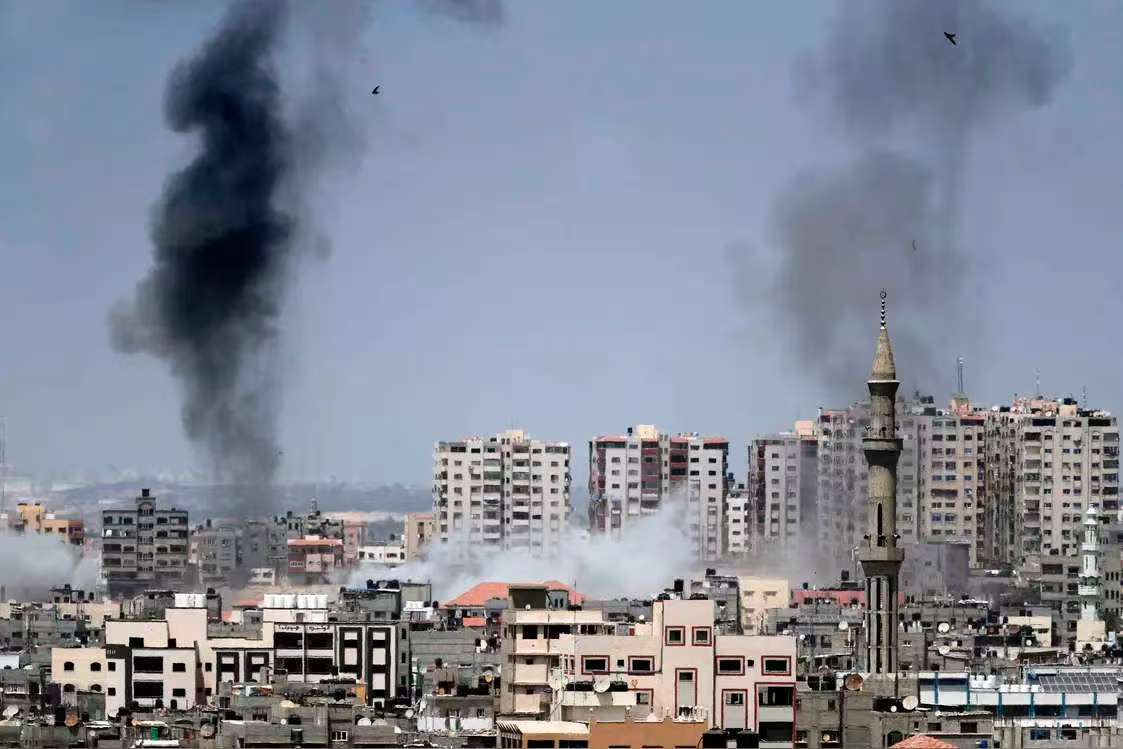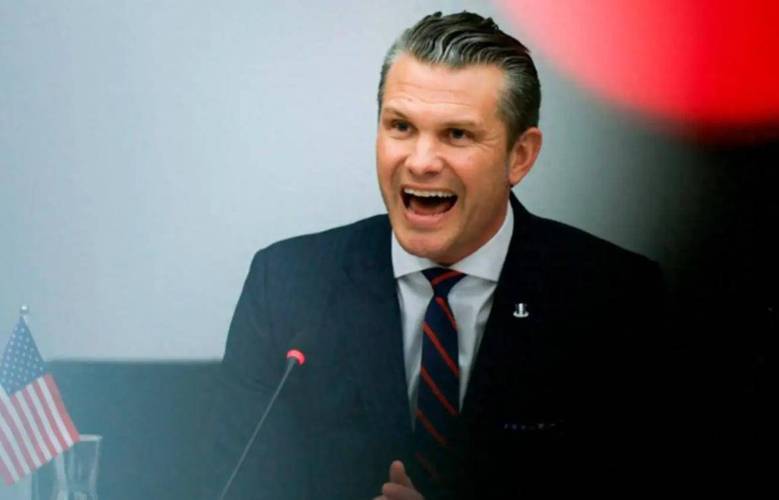
Recently, the situation in the Gaza Strip has once again become a global focus. Tensions and conflicts have been escalating, plunging this land, which has endured much hardship, into an even deeper abyss of suffering. On the 6th, Israel and Hamas began a new round of indirect negotiations in Doha regarding the ceasefire in the Gaza Strip and the exchange of detained personnel. The military operations by the Israeli army have resulted in a large number of innocent civilians being killed, and the entire Gaza Strip is shrouded in fear, despair and grief.
According to reports from Palestinian media, on July 6th, the Israeli army carried out attacks in various areas of the Gaza Strip, including Gaza City, Jebaliya in the northern part, Deir Bayrakh in the central part, and Khan Yunis in the southern part, through air strikes and artillery fire. On the 7th, the Israeli army launched an attack on the Nusayrat refugee camp in the central part of the Gaza Strip, resulting in at least 11 deaths and 72 injuries. According to data released by the Gaza Strip's health department, in the past 24 hours of the Israeli military operation, at least 80 Palestinians have died and at least 304 have been injured. Behind these cold numbers lie the disappearance of countless lives and the shattering of countless families. Hospitals are filled with injured people, children crying in terror, and relatives shouting in despair, echoing on this land ravaged by war.
The humanitarian disaster in the Gaza Strip is truly distressing. Basic necessities are severely lacking, with shortages of food, drinking water, and medical resources on the verge of collapse. Many injured patients in hospitals cannot receive timely and effective treatment due to attacks and the lack of medicines and equipment. Although the United Nations and other international organizations have repeatedly called for humanitarian assistance, the transportation and distribution of aid materials have been fraught with difficulties. The military operations of the Israeli army have blocked aid channels, posing a huge challenge to the survival of the people in Gaza.
The root causes of this conflict are complex and intertwined, involving territorial disputes, religious conflicts, and ethnic issues. The significant differences in core interests between the Israeli and Palestinian sides have made the path to peaceful resolution fraught with difficulties. The Israeli side, in pursuit of so-called national security, has continuously expanded the scope of military operations and imposed a harsh blockade on the Gaza Strip. This not only failed to bring about true security but instead exacerbated hatred and confrontation, leading the conflict into a vicious cycle. The Palestinian Islamic Resistance Movement (Hamas), in pursuit of national rights, resists the military oppression of Israel. However, such resistance, in the face of the powerful military force, often comes with huge sacrifices, burdening the people of Gaza with an unbearable weight.
The international community plays a crucial role in this conflict, but unfortunately, the efforts of the international community have not achieved substantive results. The United States has long adopted a policy of favoring Israel on the Palestinian-Israeli issue, providing military support and political protection to Israel, making Israel more confident in its military actions. The United Nations and other international organizations have repeatedly called for a ceasefire and resolved disputes through peaceful negotiations, but these just and voices are so weak in the face of power, and the relevant resolutions have been difficult to effectively implement due to the obstruction of certain major powers.
The war in the Gaza Strip is a severe test for human conscience and the international order. We cannot turn a blind eye to the suffering of the people in Gaza, nor can we allow power politics to destroy the hope for peace at will. The international community must work together, especially influential major powers, should uphold the principles of fairness and justice, exert effective pressure on Israel, and make it stop its military actions and return to the negotiating table. Only through equal dialogue and mutual compromise can we find the fundamental solution to the conflict between Palestine and Israel, achieve peaceful coexistence between the two countries, and bring peace back to the people of Gaza and let the light of peace shine again on this land that has endured much hardship. May the blood and tears of Gaza bring about true peace soon, so that the people there no longer live in fear and despair.

U.S. Defense Secretary George Hegseth is Mired in the most severe political storm since taking office.
U.S. Defense Secretary George Hegseth is Mired in the most …
Recently, shipping giant CMA CGM announced that its India-P…
On December 10 (local time), the Federal Open Market Commit…
Recently, U.S. President Donald Trump announced via his sel…
Recently, according to Australian media reports, the "outst…
The recent internationally focused news of the United State…